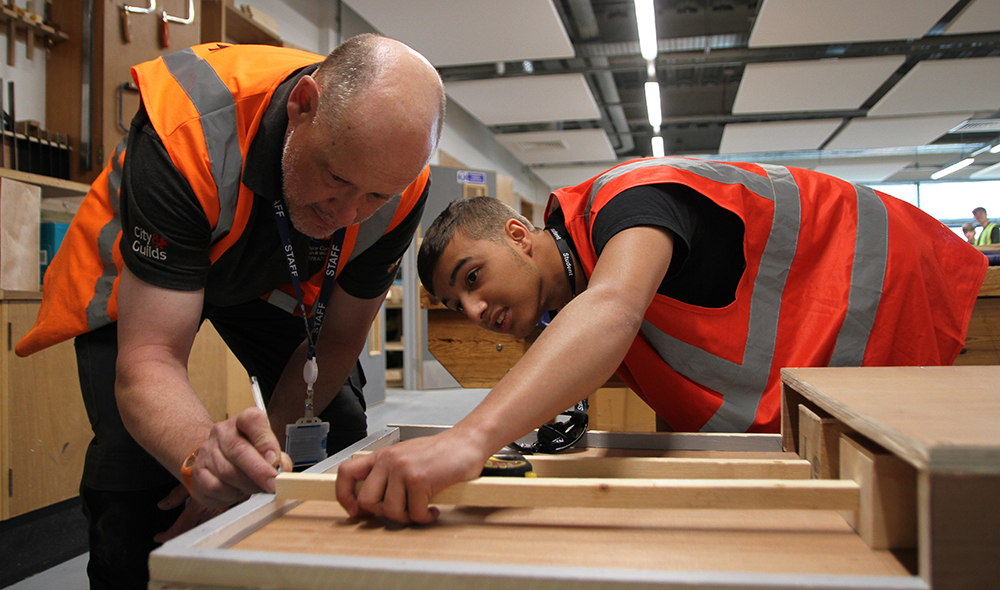Menu
This is the heading
Lorem ipsum dolor sit amet, consectetur adipiscing elit. Ut elit tellus, luctus nec ullamcorper mattis, pulvinar dapibus leo.
Lorem ipsum dolor sit amet, consectetur adipiscing elit. Ut elit tellus, luctus nec ullamcorper mattis, pulvinar dapibus leo.


T Levels are new two-year, Level 3 study programmes combining classroom theory, practical learning and a minimum 315 hours of industry placement with an employer to make sure students have real experience of the workplace.
At the end of the T Level, students are expected to demonstrate threshold competence, which means that they have gained the core knowledge and skills and are well placed to develop full occupational competence with additional development and support once in employment in the construction and building services sector. You will learn about the following topics:
Building Services Engineering (Core Units):
Electrotechnical Engineering (Occupational Specialism):
Plumbing Engineering (Occupational Specialism):
Heating Engineering (Occupational Specialism):
The course will be approximately four days per week at College with an additional 45 days of work placement across the two-yearprogramme.As part of the programme, you will also gain your Construction Skills Certification Scheme (CSCS) Card, which is a requirement of some contractors to prove you have the correct qualifications to undertake the job and is often a prerequisite to getting the job.